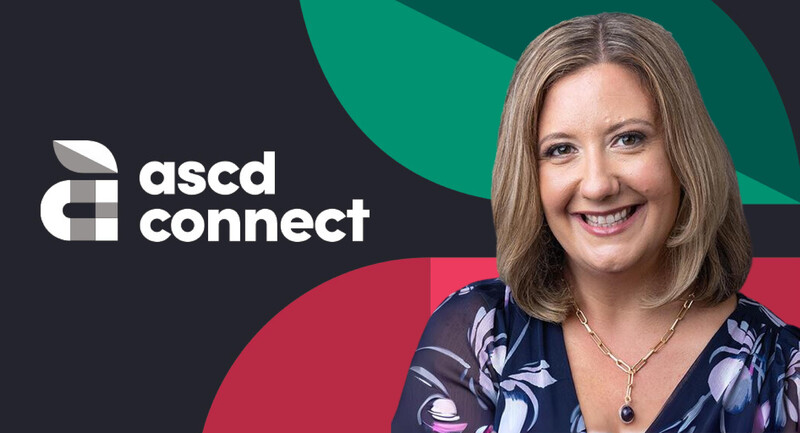When people ask what I “do,” I often have to explain what an Instructional Coach is. It seems every school district has its own definition or job description. However, I have narrowed it down to a simple phrase – my goal is to help teacher’s shine. That phrase seems to resonate with people.
I am an Instructional Coach/Reading Specialist at a large, urban high school where I support teachers in designing, implementing and assessing literacy lessons. I take my work seriously and am impassioned by the work of the teachers with whom I collaborate.
Being an Instructional Coach means that I am available for teachers, accessible to change and open to feedback. For those who are new to the coaching role or who have moved from teaching to coaching, or those veteran coaches who might feel your practice needs a tweak, here are some suggestions:
1. Be Prepared. Carry your calendar and notebook even if you’re just walking to your mailbox. I have been stopped in the hallway numerous times by colleagues asking my opinion about an upcoming lesson or my availability for future planning. Having my calendar means I am always available for teachers thereby providing an immediate service of assistance. As teachers explain what they want, I jot down notes in my notebook. There is comfort in watching a colleague take notes as one is talking; it demonstrates active listening and a “let me help you” attitude.
2. Be a Team Player. Are you using “I” as you explain your involvement in a project? If so, change your mindset and practice using the collective “we.” In this case, you are demonstrating that as you work with teachers, you are a team, focused on improving student learning together. Without a doubt, teachers are doing the heavy lifting. However, if I can share resources, strategies, articles, and edtech with them, the load becomes much easier. It really becomes a partnership in student achievement.
3. Be Professional At All Costs: Regardless of your personal feelings toward a colleague, keep it professional. Don’t undermine the work you’ve done by tarnishing your professionalism through passive-aggressive behavior. Some colleagues would rather spend their day enveloped in the drama and politics that will inevitability seep through into the faculty workroom and classroom; do whatever you can to maintain the characteristics of expertise and skill. In addition, be aware of your language. Stay away from gossip and malicious language that can permeate conversations. Keep yours professional, balanced and honorable.
4. Be Open to Feedback: Feedback is vital – from teachers and students. When completing a coaching opportunity with a teacher, consider sending a Coaching Feedback form. The teacher has the opportunity to share Praise, Criticism or Advice of the collaboration. Encourage the teacher to jot down some notes or specific examples in the My Written Comments section. Then, make a point to meet with the teacher to discuss the Written Comments for more feedback conversation Also, when completing teaching a lesson to students, set aside a few minutes to gather feedback from the students. Using the Student Feedback Form, gently encourage student honesty; more than likely, they will be grateful to share their suggestions on how you can hone your practice. And, if possible, meet with a few of the students to listen to their recommendations and ideas.
5. Be Student Centered: Our students remain the heart and soul of what we do. Therefore, when working with teachers, the first question is always, what is the purpose of the lesson and how can we bring students into the design, creation, implementation, sustainability, and assessment of that lesson? What does it look like to give students a topic and ask their opinions on creating a lesson around that topic? We need our students showing their thinking, asking specific questions and explaining how teachers can guide their instruction in such a way where every student will find success.
While these tips are suggestions for Instructional Coaches, they can easily be transferred to your teaching practice or the larger school community. A culture of active listening, meaningful support, collaborative professionalism, growth mindset and student facilitated lessons to create a philosophy where all participants – teachers and students – can succeed.
Peg Grafwallner, M.Ed., is an Instructional Coach/Reading Specialist at a large urban school in Milwaukee, WI. As an English teacher, at-risk educator and reading specialist, Peg has taught advanced English and developing readers. Currently, Peg models, coaches and assists teachers in creating comprehensive literacy lessons meant to enhance skill-building; in addition to providing instructional support to teachers district-wide. Peg is a blogger, author, and national presenter with articles appearing in ASCD, Edutopia, Exceptional Parent, Literacy Daily, Literacy and NCTE and the WSRA Journal. Peg can be reached at peggrafwallner@hotmail.com or at https://peggrafwallner.com.
Peg Grafwallner, M.Ed., is an Instructional Coach/Reading Specialist at a large urban school in Milwaukee, WI. As an English teacher, at-risk educator and reading specialist, Peg has taught advanced English and developing readers. Currently, Peg models, coaches and assists teachers in creating comprehensive literacy lessons meant to enhance skill-building; in addition to providing instructional support to teachers district-wide. Peg is a blogger, author, and national presenter with articles appearing in ASCD, Edutopia, Exceptional Parent, Literacy Daily, Literacy and NCTE and the WSRA Journal. Peg can be reached at peggrafwallner@hotmail.com or at https://peggrafwallner.com.







